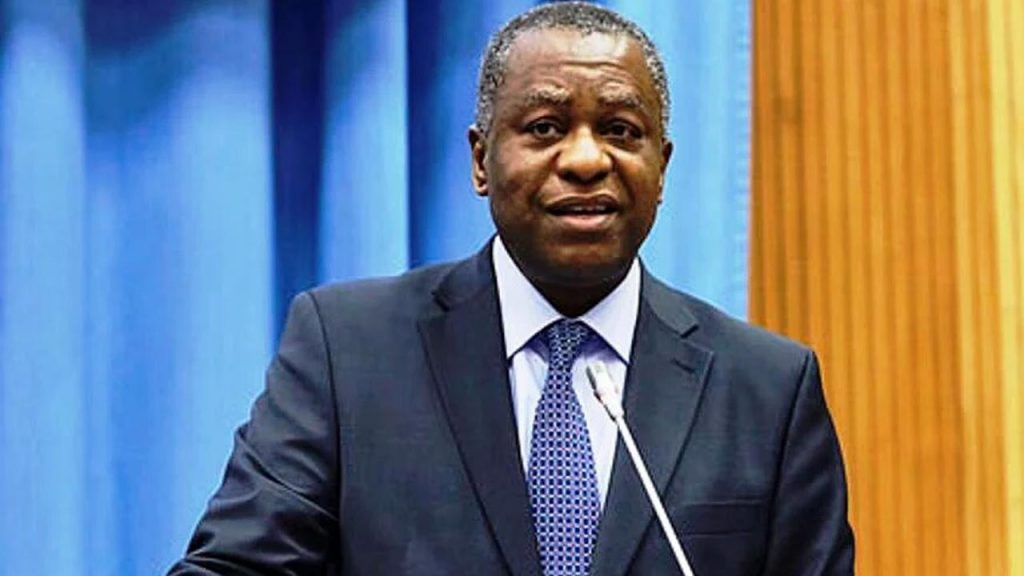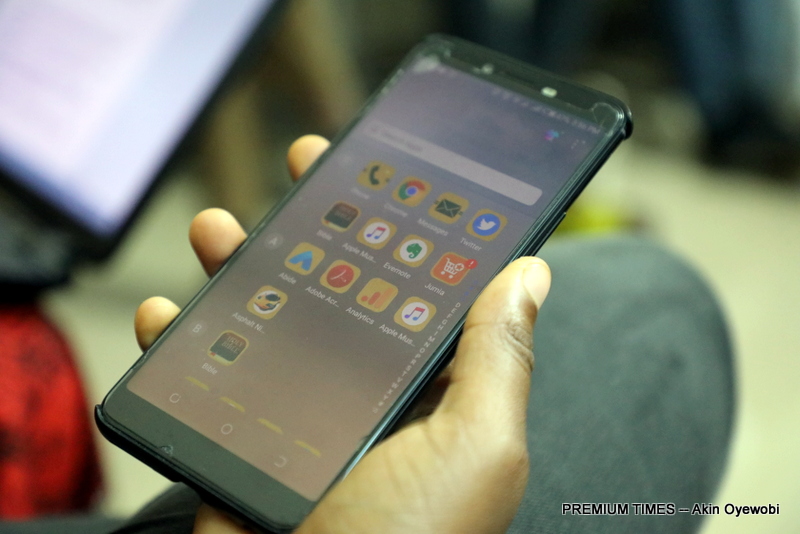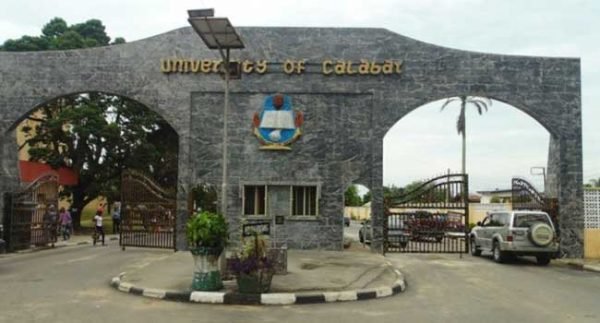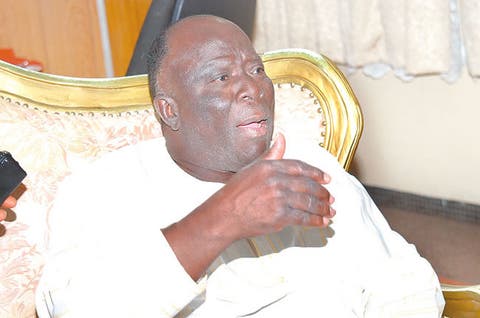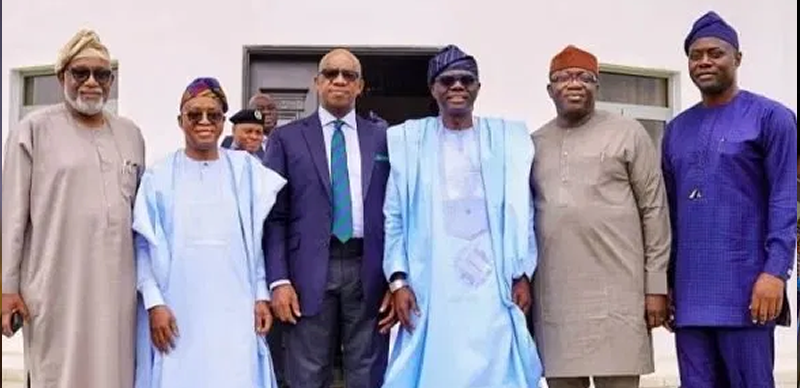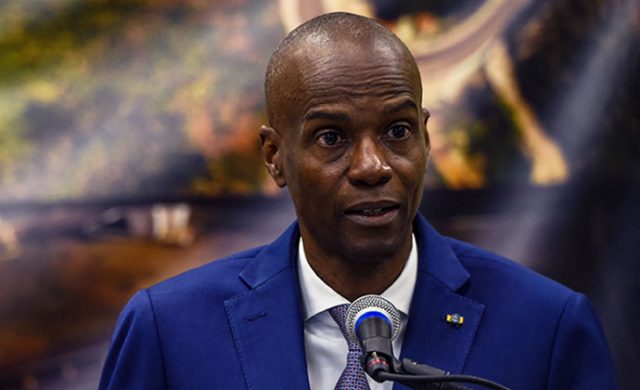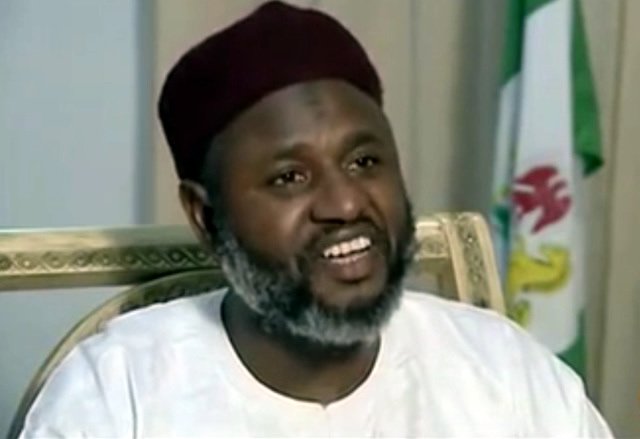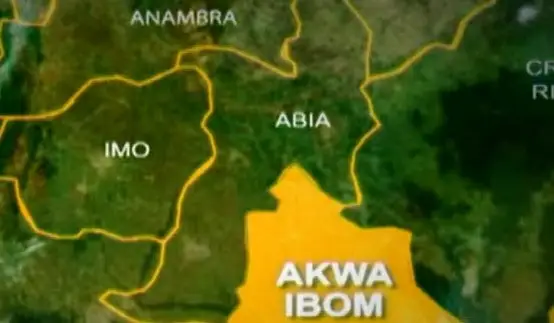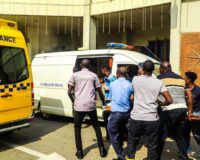Report: Shell’s oil spill case with Nigerian communities to continue in UK court
Royal Dutch Shell has abandoned its argument that the oil pollution lawsuit filed against it by the Ogale and Bille communities in Rivers state, be heard in Nigeria rather than the UK. Bloomberg reports that Shell’s legal team refused to return to the High Court of England with the argument that the five-year-old case would […]


